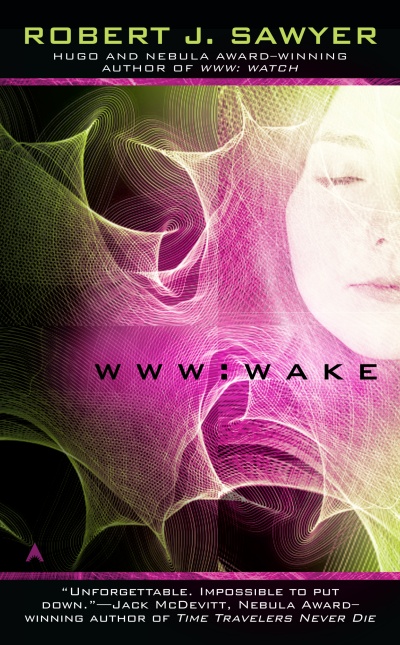I’ve been impressed with Scarlett Johansson’s choice of science fiction roles, namely her starring turns in 2013’s Under the Skin and 2014’s Lucy. Not only is Johansson good in two solid films, the movies and Johansson’s roles couldn’t be more different.
I’ve gone into detail about my adoration for Under the Skin elsewhere, so I won’t focus much on it. I will note that Under the Skin is quiet, allowing the action and acting to lead, moving at a deliberate pace. Between straightforward, largely quiet scenes are dark, murky, abstract moments, all eventually leading to one helluva mind-fuck ending. It’s not a commercial flick by any means, with the exception of its star being part of the biggest comic book movie series on the planet.
In Lucy, from writer-director Luc Besson (director of La Femme Nikita and Leon: The Professional, as well as the producer behind the Taken flicks), Johannson plays the title character, a young woman looking to have a little fun in the Far East until she gets in over her head, carrying drugs for hardcore gangster, Mr. Chang (Min-Sik Choi of Oldboy and Lady Vengeance), who has killed her boyfriend and is threatening to kill others near and dear to her. The drugs, implanted in her body, leak, and said chemicals push her mind and body through about 5,000 years of evolution in 24 hours.
My guess is the science in this science fiction may not be so solid, as Lucy goes from your average human using about 10 percent of her brain to a superhuman pushing 100 percent capacity. But Besson does what Besson does: He pushes the action, whether that means interspersing lectures by expert Professor Norman (Morgan Freeman) with shots from nature and the universe, or the attack by Chang’s men against French police that is a hail of lead tearing apart a hallway, or Lucy literally trying to hold herself together as the effects of the drug wear off during a plane ride (see the video above). In defense of the science component, as Lucy evolves from bubbly blonde to being of pure data and energy, I began to think of Arthur C. Clarke’s 2001 series. Only Lucy manages to do in a couple of days what evolution took (hundreds of) millions of years to do in Clarke’s imagining. I’m not saying it’s accurate or likely, but Lucy fleetingly dwells on similar ideas about evolution and immortality, in between car chases and gunshots.
Johansson excels in two dissimilar roles. In Under the Skin, she is a predator, silently stalking her prey, focused solely on the hunt, until that unfortunate moment when she realizes she is just as vulnerable as the men she consuming. From that point, she goes from offense to defense, searching for a place to hide in a world she is unfamiliar with. In Lucy, Johansson goes from a happy-go-lucky young woman to an entity that is solely concerned with devouring information and processing that data to find an answer that might not even exist.
Lucy and Under the Skin are an interesting mix, and my hope is Johansson continues to look for science fiction roles. She certainly seems to have a knack for picking them.
